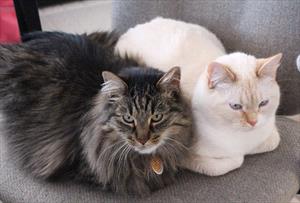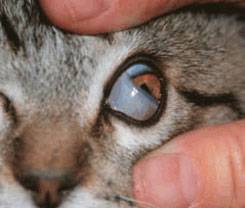gi lymphoma in cats vin
This term describes lymphoma that affects the gastrointestinal tract. Ad We Offer the Same Medications As Your Vet at Great Prices.

Feline Intestinal Lymphoma Treatment Flash Sales 52 Off Cocula Gob Mx
The differences in reported incidences may also be associated with.
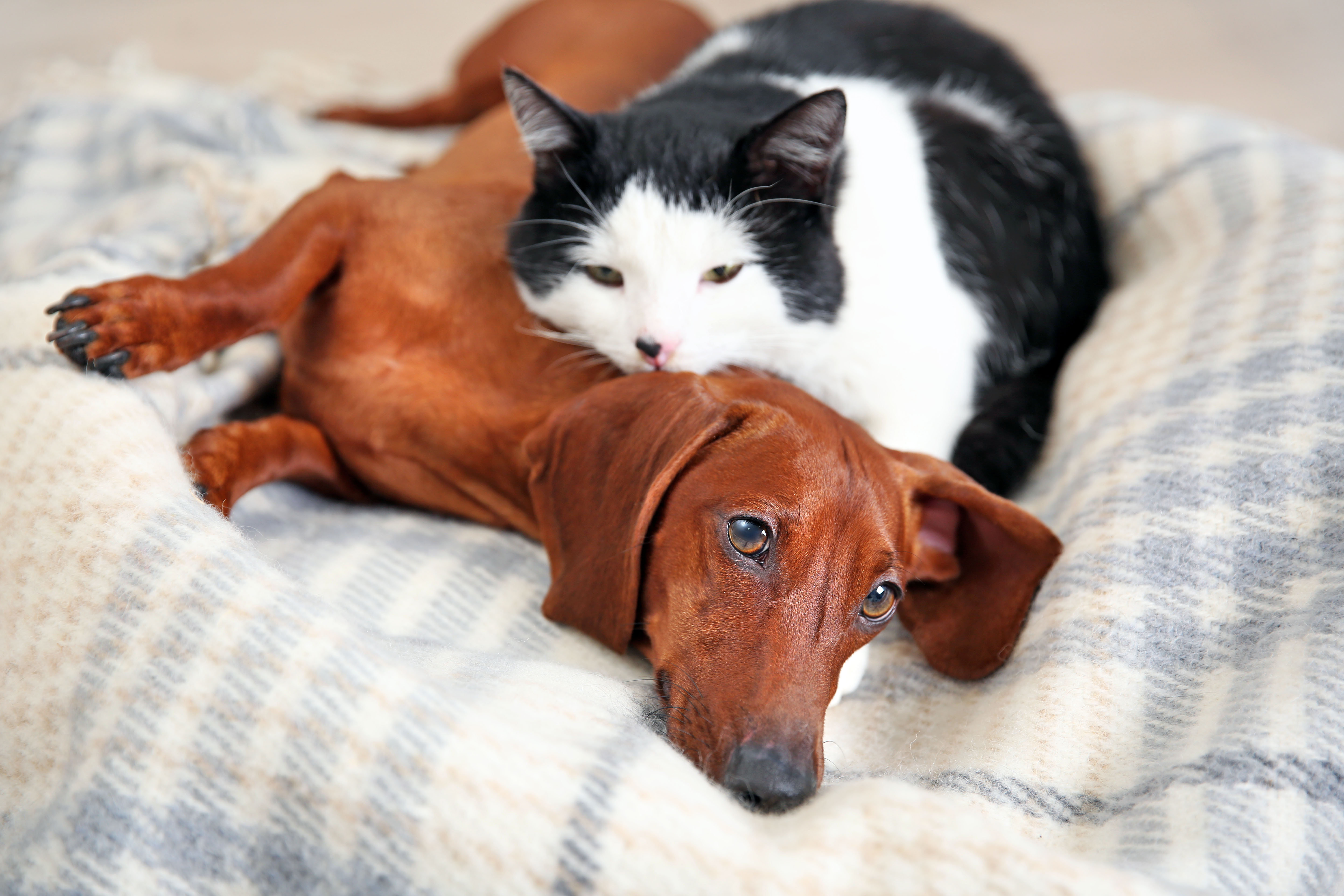
. This term describes lymphoma that affects the gastrointestinal tract. Read customer reviews best sellers. Voss Veterinary Teaching Hospital and the team from the Feline Cancer Core are excited about their growing understanding of gastrointestinal GI lymphoma in cats.
Aggressive chemotherapy 50 with some remission survival 3-10 months. Ad Help support the lymphatic system naturally and keep your pet comfortable. Aggressive chemotherapy survival is 3 months if cat has FeLV 9-12 months if no FeLV.
It is also the most common form of gastrointestinal neoplasia in cats. Lymphoma in Cats Prevention. Cats that achieve a complete remission live longer than those achieving a partial remission and a small percentage can live more than 2 years.
Lymphoma is the most common feline neoplasm. Lymphoma LSA is one of the most commonly occurring cancers in cats. Lymphocytic aka small cell or low grade alimentary lymphoma most commonly occurs in the GI tract in cats.
Between 50-75 of cats with gastrointestinal large cell lymphoma receiving CHOP chemotherapy respond to treatment and their prognosis is between 6-9 months. In contrast to dogs feline lymphoma most commonly affects the gastrointestinal GI tract. Clinical signs of lymphoma in the gastrointestinal tract include weight loss vomiting diarrhea and often either a decreased or increased appetite.
Craig Webb professor of Small Animal Internal Medicine at the James L. A holistic approach using supplements and diet changes can help extend the life expectancy and quality of life for your cat. Lymphoma in cats is the most common cancer in felines.
35 Off Your First Autoship Easy Refills. Intestinal lymphoma originates in the GI tract and will often be accompanied by severe gastrointestinal symptoms. Large cell GI lymphoma.
In general cats with leukaemia or mediastinal lymphoma tend to be young and FeLV positive while cats with GI LSA tend to be older and are FeLV antigen negative. This is by far the most common type of lymphoma in cats accounting for 50-70 of feline lymphoma cases. Lymphoma in Cats Treatment.
Gastrointestinal lymphoma is a common cause of anorexia and weight loss in older cats with or without vomiting or diarrhea. Life expectancy varies depending upon the type and treatment. The incidence of alimentary lymphoma between the pets with lymphosarcoma is around 7.
Feline GI lymphoma is histologically classified as low intermediate or high grade according to the size and anaplasticity of the neoplastic lymphoid cells. Veterinary Partner Vin Lymphoma In Cats Veterinary Partner Vin Full Article A Look At Chronic Pain In Cats Infiltrative Bowel Disease In Cats Veterinary Partner Vin Nasal Squamous Cell Carcinoma In Cats Veterinary Partner Vin. Also environmental factors such as cigarette smoke may.
Treatment of Intestinal Lymphoma in Cats. Older studies suggested that the gastrointestinal location was less common than other anatomical locations however more recent studies suggest that a gastrointestinal location is the most common site. Life expectancy of cats with lymphoma depends on many factors such as where the cancer is.
80 respond well survival up to 2 years. Were approaching our 100 th. It is most common in senior cats with the average age at diagnosis ranging from 9-13 years old.
Most cats with feline intestinal lymphoma are seniors 9-13 years and have a history of vomiting diarrhea andor inflammation of the intestinal tract. Gi lymphoma in cats vin Wednesday January 5 2022 Edit. Lauren Mingus June 30 2021.
Gastrointestinal lymphoma is often referred to as either well differentiated low grade or lymphocytic poorly differentiated high grade lymphoblastic or immunoblastic and intermediate or mixed. The causes are unknown but some factors such as breed genetic factors FeLV in cats and environmental factors can play an important role. High-grade GI lymphoma specifically is an aggressive form of cancer in cats which is often wide spread at diagnosis.
Most cats with GI LSA test negative for FeLV. The reported incidence of FeLV antigenaemia ranges from 0-38. Most cats are feline leukemia virus-negative and feline immunodeficiency virus-negative.
Low-grade gastrointestinal lymphoma may be more common than previously thought and these cats respond better to chemotherapy agents than cats with. Find NHVs tried and tested pet lymphoma supplements in one holistic pack. Bloodwork is likely to be normal in cats with gastrointestinal.
Lymphoma is the most common feline neoplasm and the most common gastrointestinal neoplasm. Ad Browse discover thousands of unique brands. Low-grade small cell lymphocytic feline GI lymphoma is composed of small relatively well-differentiated.
Two years after their program began Dr. It typically involves several areas of the GI tract and can involve multiple lymph nodes the spleen liver and the bone marrow and blood. Chemotherapy or radiation therapy.
Lymphoma is collection of cancers arising from the malignant transformation of lymphocytes and is a diverse group of neoplasms with the common origin of the lymphoreticular cells. Gastrointestinal GI or alimentary lymphoma is the most common form of lymphoma in cats1-3. Intestinal lymphoma is the most common form of lymphoma in cats.
The disease is most often found in the intestines as vaccination against the feline leukemia virus FeLV and testing for the feline leukemia virus FeLV and feline immunodeficiency virus FIV have reduced lymphomas in the chest spleen bone. It is perhaps one of the most common types of all cancer associated with cats. Incidence and Causes of Gastrointestinal Lymphoma in Cats.
This particular type of cancer is known for more frequently affecting cats with the feline infectious virus FeLV because the immune system is already compromised. Symptoms of nasal cancer in cats can remain concealed for as long as five years until the disease presents itself as a serious threat. This type of lymphoma is linked to nearly 70 of cases in cats and is most common in seniors ranging from 10-13 years old.
Physical exam findings may be normal though thickened intestines or abdominal masses may be felt. Gastrointestinal lymphoma in cats is a form of alimentary cancer which occurs in the intestinal tract of a cat. In general lymphoma is a cancer of a type of white blood cell called a lymphocyte.
Up to 10 cash back Symptoms of Lymphoma in Cats. Because lymphocytic inflammatory bowel disease IBD is a major differential for small cell GI lymphoma diagnosis requires full thickness ie surgical biopsies.

Lymphoma In Cats Veterinary Partner Vin
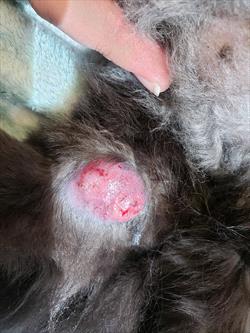
Cutaneous Lymphoma In Cats Veterinary Partner Vin
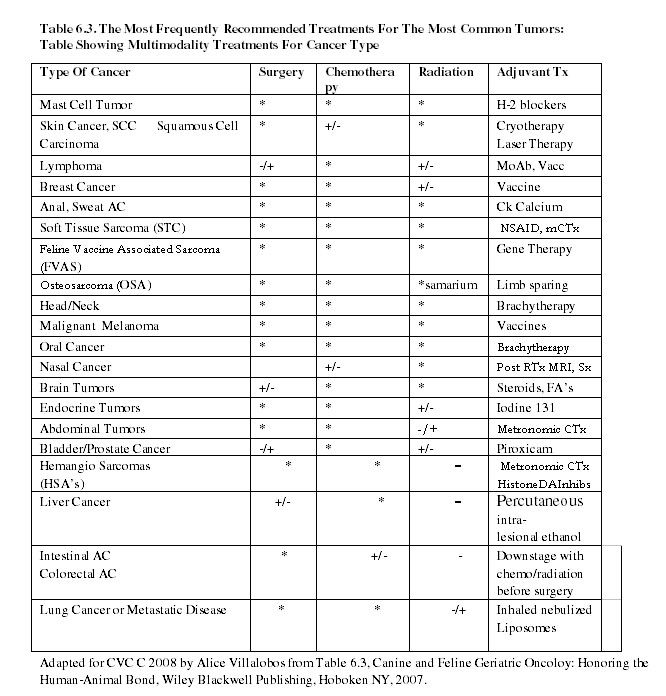
Lymphoma And Beyond Treating Specific Tumors Proceedings
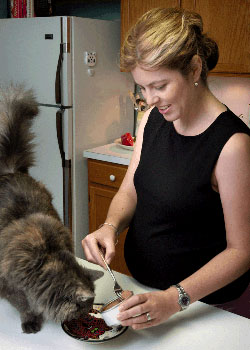
Toxoplasmosis In Cats Veterinary Partner Vin
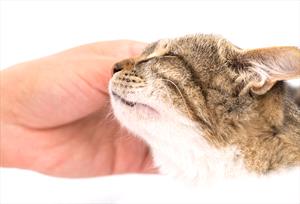
Aspergillosis In Cats Veterinary Partner Vin
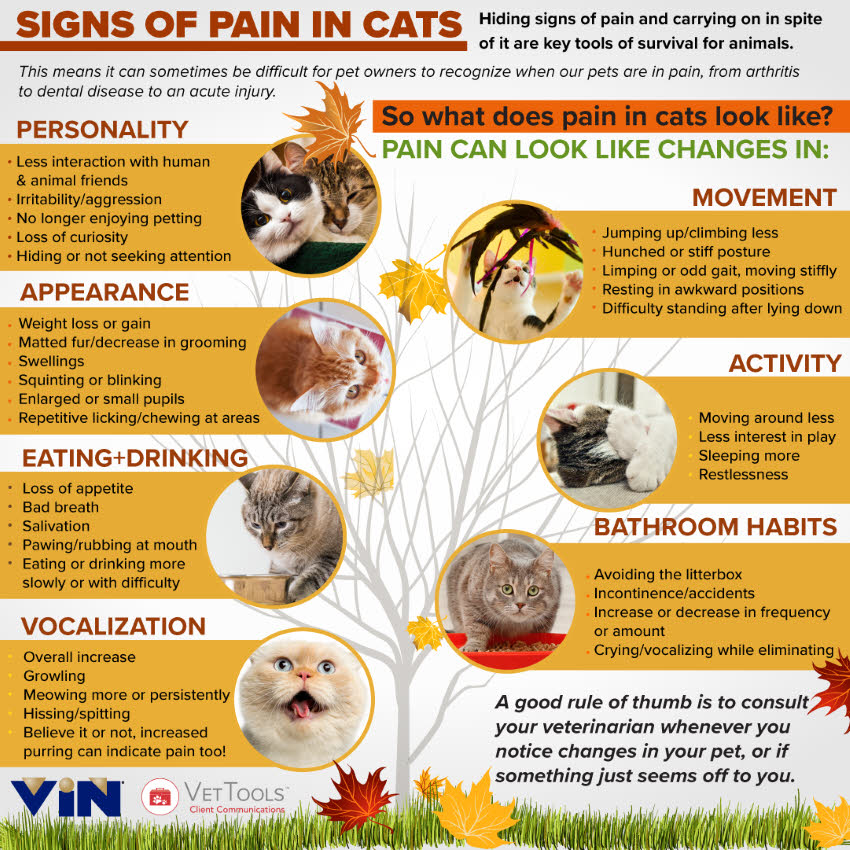
Signs Of Pain In Pets Veterinary Partner Vin
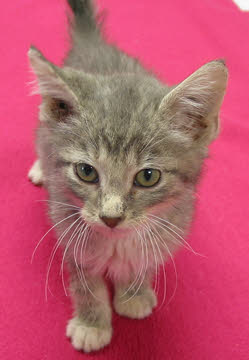
Feline Leukemia Virus Felv Veterinary Partner Vin

What First Time Kitten Owners Should Know Veterinary Partner Vin

Congestive Heart Failure In Dogs And Cats Veterinary Partner Vin
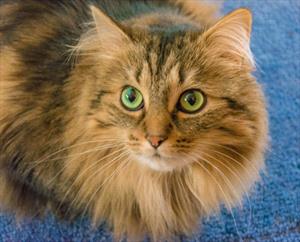
Hepatic Lipidosis In Cats Veterinary Partner Vin
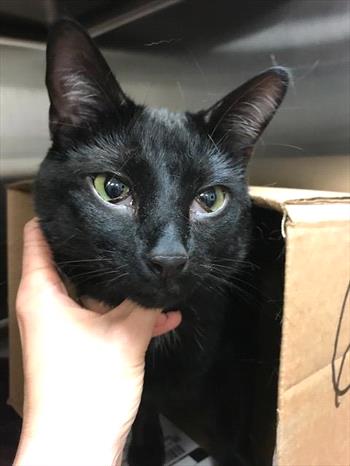
Haws Syndrome In Cats Veterinary Partner Vin
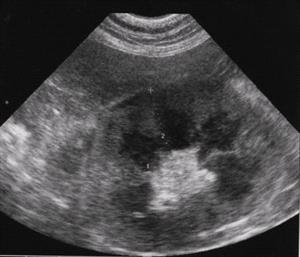
Lymphoma In Cats Veterinary Partner Vin

Understanding The Differences In The Types Of Canine Lymphoma Imprimed Advanced Anticancer Drug Response Prediction

Fur Mowing In Cats Veterinary Partner Vin

Lymphoma In Cats Veterinary Partner Vin
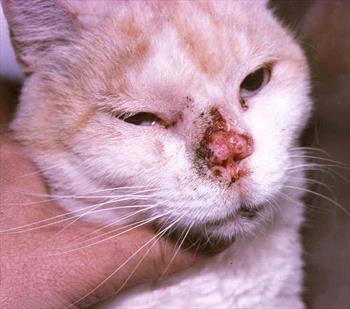
Nasal Squamous Cell Carcinoma In Cats Veterinary Partner Vin
